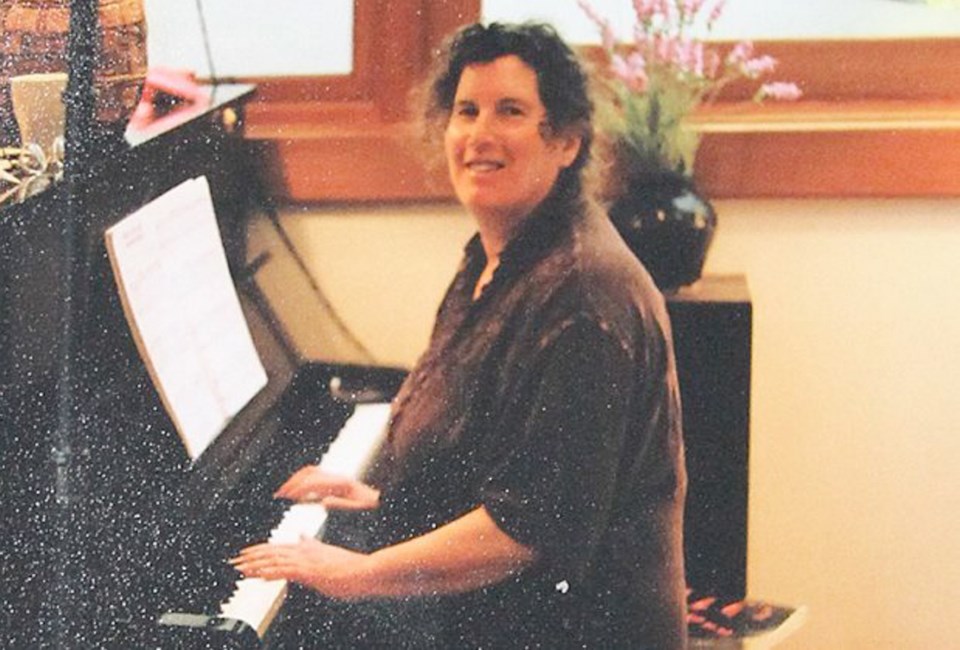The sad case of Alex Conte, who has been found not criminally responsible for killing his mother due to a mental disorder, could have been avoided with a system that was better-equipped to help him, his lawyer says.
“Unfortunately, I think the whole tragedy was probably preventable,” William Heflin said outside court after the 21-year-old Sooke man’s second-degree murder trial ended Wednesday.
Conte was found to be psychotic a few days before he killed his mother, Sarah Nickerson, on Jan. 8, 2012, but was given only a prescription to address the problem on his own, Heflin said.
“I can’t blame the specific doctor, but the way we run our system — that’s sort of the way they automatically do things, and it probably in this case was very, very wrong.”
Conte had previously shown violent tendencies, Heflin said.
“The obvious holes in the system are that when you have a violent offender who’s clearly psychotic, the initial thing you should be doing is holding him, assessing him and then trying to stabilize him, rather than just shooing him off home.”
In his ruling Wednesday on the case, B.C. Supreme Court Justice Malcolm Macaulay described the 58-year-old Nickerson’s death as “ghastly and bizarre.”
Conte, who was convinced there was an “evil being” inside his mother, used an axe and a knife to kill and dismember her.
“He did not think his mother was human at the time,” Macaulay said.
One of two psychiatrists who examined Conte diagnosed him with schizophrenia. Conte will continue to be treated at the Forensic Psychiatric Hospital in Port Coquitlam.
“I think it’s the best outcome for all of us,” Heflin said. “Eventually, they may cure him. If he went to jail for 20 years, he wouldn’t be cured, when or if he got out. He would just be a mess.”
He said the family is “completely devastated” by what has happened, and that he believes Conte is now aware of what he has done.
“He loved his mother very much and it was very sad that this happened. If he could take it back, he would,” Heflin said. “He deals with his grief every day.”
Treatment for people living with mental illness was more effective in the past, when there were publicly funded residential facilities, he said.
“There was a time when we lived in this country and everyone with a mental disorder was living in a quiet institution where they were cared for,” Heflin said.
“At the present time, we have people wandering the streets with mental disorders, and they’re being preyed upon by the worst elements of our society.”
Street drugs are a huge issue for such people, and they played a big role in Conte’s situation, he said.
“He was self-medicating, if you will, for his problems,” Heflin said. “The result was tragic.”
Vancouver Island Health Authority spokeswoman Sarah Plank said a “broad range” of services are offered in the area of mental health and addictions, including crisis response, psychotherapy and housing. The Vancouver Island Crisis Line is available 24/7 for support with mental-health concerns.
VIHA spent $108 million on mental health and addictions programs in 2012 — funding that has gone up 20 per cent in the past five years, she said.



